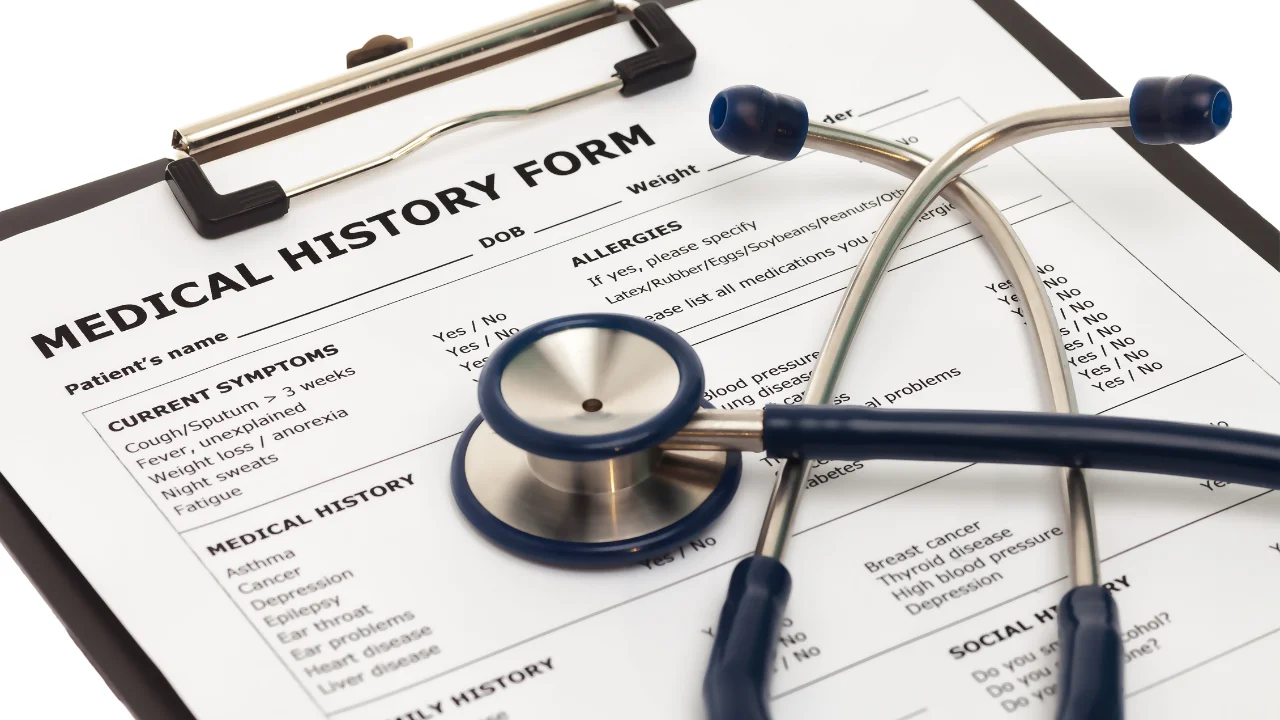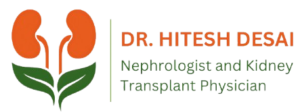
Hemodialysis / Peritoneal Dialysis
in End-Stage Renal Disease
Caring for Your Kidneys, Restoring Your Health
End-stage renal Disease is the last stage of chronic kidney disease (CKD), where the kidneys are no longer able to function effectively enough to meet the body’s needs.
Hemodialysis and Peritoneal Dialysis are life-sustaining treatments for patients with ESRD. best Hemodialysis doctor in Ahmedabad. These treatments help to perform the kidney’s essential functions, such as removing waste products and excess fluids from the blood, managing electrolyte balance, and maintaining healthy blood pressure.

Symptoms
Patients with ESRD may experience various symptoms as the kidney’s function declines. Common symptoms include
Fatigue
Swelling
Nausea and vomiting
Causes
Several underlying conditions can lead to ESRD, including



Risk Factors
Several factors increase the risk of developing ESRD:

Family History

Older Age

Smoking
Treatments
When ESRD is reached, the kidneys can no longer perform their necessary functions, making dialysis or kidney transplant essential for survival

